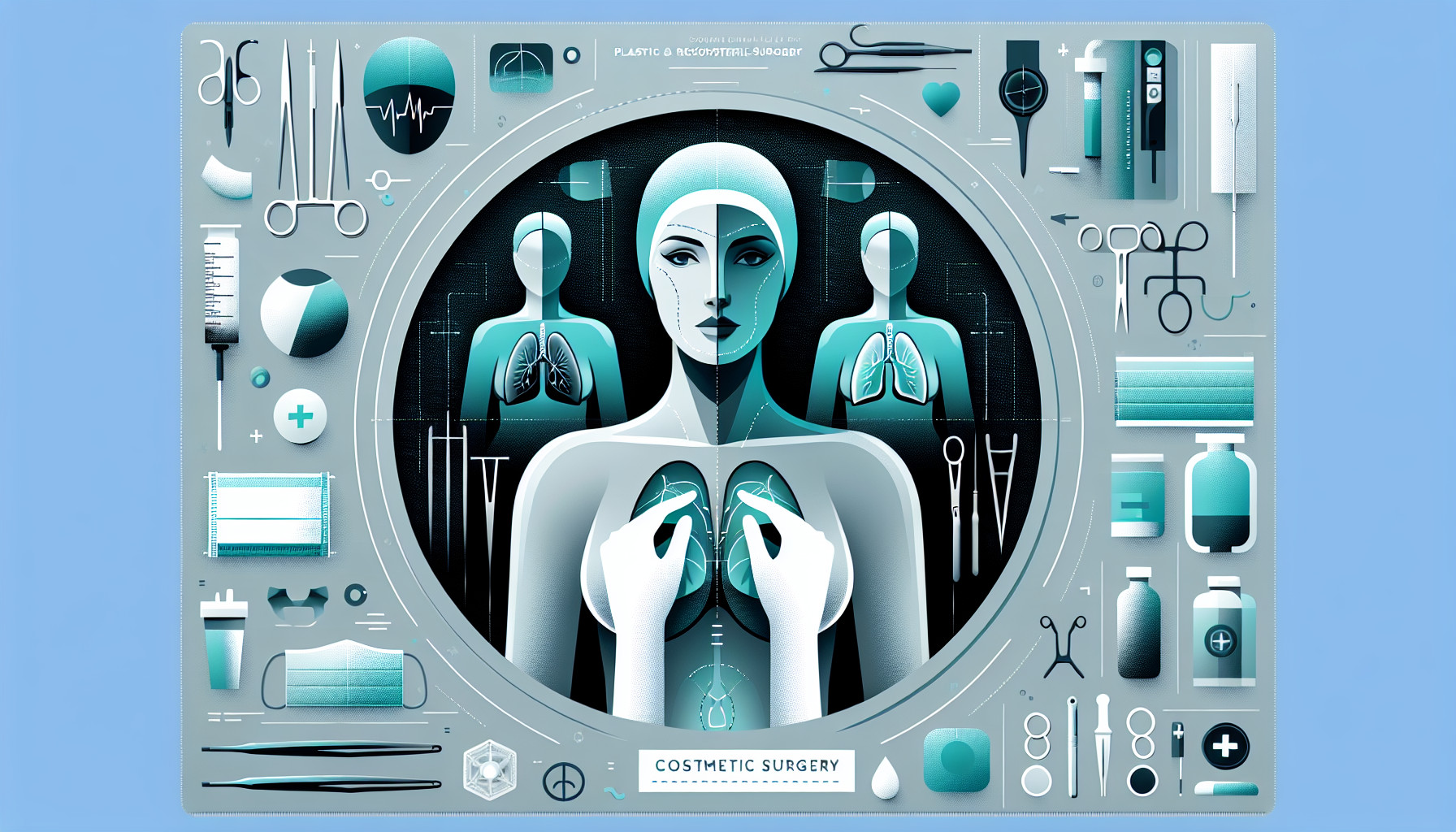Our Summary
This research paper explores the sources of knowledge and key themes of debate surrounding cosmetic surgeries that alter facial features in East Asians. The researchers reviewed 31 articles, drawing from fields such as humanities, medicine, communications, and economics. The main points of contention were around the authenticity of identity, interpersonal relationships and socio-economic utility.
The paper suggests that such cosmetic surgeries can be seen as a way for East Asians to either conform to Western ideals (cultural imperialism) or assert their cultural nationalism. This debate is important for understanding the societal pressures East Asian women face and how they perceive their identities – not as individualistic, but as relational and transformational.
So, in simpler terms, the paper is discussing how changes in physical appearances through surgeries are not just personal decisions, but are influenced by societal pressures and cultural elements. It’s not just about how people see themselves, but also about how they fit into and are perceived by their community and society.
FAQs
- What are the main themes of debate surrounding cosmetic surgeries that alter facial features in East Asians?
- How does the research paper suggest that cosmetic surgeries may affect East Asians’ cultural identity and interpersonal relationships?
- How does societal pressure and cultural elements influence decisions to undergo cosmetic surgery in the East Asian community?
Doctor’s Tip
A helpful tip a doctor might give to a patient considering cosmetic surgery is to carefully consider their motivations and expectations for the procedure. It’s important to have realistic expectations about the outcome and to understand that changing one’s appearance may not necessarily lead to increased happiness or fulfillment. Additionally, discussing the potential risks and complications of the surgery, as well as alternative options, is crucial for making an informed decision. Lastly, seeking out a reputable and experienced surgeon who prioritizes patient safety and well-being is essential for a successful outcome.
Suitable For
In terms of the types of patients typically recommended cosmetic surgery, it is important to note that there is a wide range of reasons why individuals choose to undergo such procedures. Some common reasons include wanting to improve self-esteem, correct physical imperfections, enhance physical features, or simply wanting to look more youthful.
In general, patients who are in good physical and mental health are typically recommended for cosmetic surgery. It is important for patients to have realistic expectations about the outcomes of the surgery and to understand the risks involved. Additionally, patients should have a clear understanding of their motivations for undergoing the surgery and should be fully informed about the procedure and recovery process.
While cosmetic surgery can be a transformative experience for some individuals, it is important to remember that it is not a one-size-fits-all solution. Each patient is unique and should be evaluated on a case-by-case basis to determine if cosmetic surgery is the right choice for them.
Timeline
Before cosmetic surgery:
- Patient may feel dissatisfied with their appearance, leading to self-esteem issues and emotional distress.
- Patient researches different procedures and consults with a plastic surgeon to discuss options.
- Patient undergoes pre-operative evaluations and prepares for the surgery, which may include lifestyle changes and medical tests.
After cosmetic surgery:
- Patient experiences physical discomfort and swelling immediately after the surgery.
- Patient follows post-operative care instructions to aid in the healing process.
- Patient may feel a sense of relief and increased confidence as they see the results of the surgery.
- Patient may receive feedback from others, which can be positive or negative, impacting their perception of the surgery and their self-image.
- Patient continues to adjust to their new appearance and may seek additional cosmetic procedures in the future.
What to Ask Your Doctor
Questions a patient should ask their doctor about cosmetic surgery in this context may include:
- How will this surgery impact my cultural identity and how I am perceived within my community?
- What are the potential social ramifications of undergoing this surgery, particularly in relation to cultural norms and expectations?
- How can I ensure that my decision to undergo cosmetic surgery aligns with my personal values and beliefs, rather than succumbing to external pressures?
- Can you provide information on the psychological effects of cosmetic surgery, particularly in the context of East Asian cultural norms and beauty standards?
- How do you approach patient care and counseling in a way that considers the cultural and societal factors at play in cosmetic surgery decisions?
- Are there support resources or counseling services available to help me navigate the potential social and emotional challenges of undergoing cosmetic surgery in an East Asian cultural context?
By asking these questions, patients can better understand the complex interplay between personal choice, societal expectations, and cultural influences in the realm of cosmetic surgery. This can help them make informed decisions that align with their values and beliefs, while also considering the broader social and cultural implications of their choices.
Reference
Authors: Aquino YS, Steinkamp N. Journal: Med Health Care Philos. 2016 Sep;19(3):431-41. doi: 10.1007/s11019-016-9699-0. PMID: 26983846
